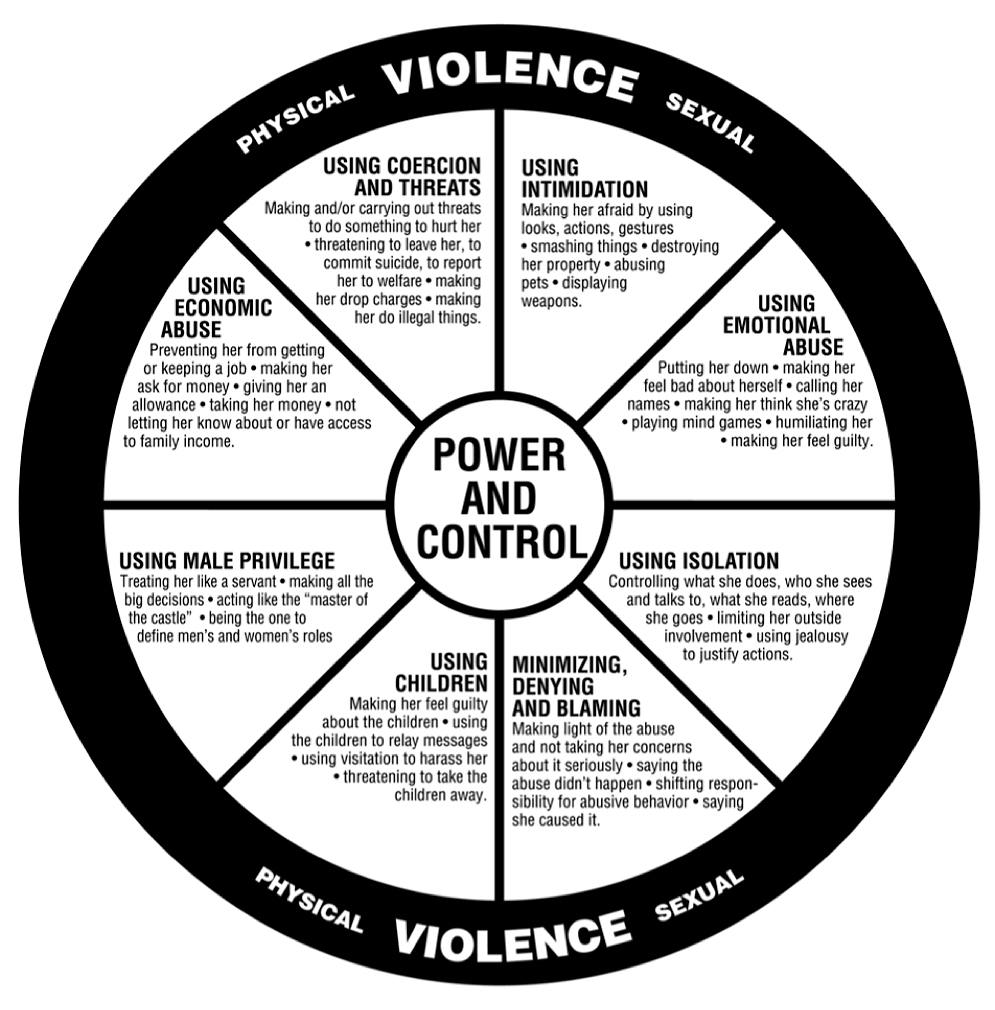The word FOMO (fear of missing out),was added to the Oxford English Dictionary in 2013; ’Anxiety that an exciting or interesting event may currently be happening elsewhere, often aroused by posts seen on social media.’ These emotions pouring through our souls, starting with a pang of envy, and rapidly followed by shame, anxiety, self-doubt and the gnawing sense of inadequacy; The pain of being forgotten, unseen with no sense of belonging. Of course, these feelings are not new, but what was formerly known as “keeping up with the Joneses” has been magnified by all the new technology that broadens our scope for comparison. The modern world makes sure we know at all times just how much we are missing. We imagine that somewhere else, people are living exactly the life that we aspire to and as a result we are left feeling inadequate, lesser and out of touch. Research shows that people with FOMO stop paying attention to their life and turn to social media for their happiness, but more often than not are left feeling the opposite.
As all our worlds have shrunk, and we are being asked to stay at home. Social life, as we have previously known it, has all but disappeared. It has been interesting to hear my clients talk about the relief they have felt by not having to worry about what they are missing out on, that everyone else is doing or has been invited to. A lot of the frivolities that we are so used to, like eating out, travel, meeting friends and shopping are no longer possible, leaving space for learning the virtue of reflection and solitude. Recognising that nothing is happening ‘out there’ that we must be afraid to miss out on, we are being forced to have a new relationship with the physical world, which in turn also requires us to make inner adjustments and start to consider the things we cherish and make us personally happy.
Technology is amazing, but left unchecked, it can distract us from our own lives, making it harder to feel good about life choices that, if we don’t compare with others, we are often content with.
It is perhaps time to ask ourselves how we are going to fill the blanks that have emerged in our lives. An opportunity to reflect on emptiness, the fear of boredom, the need to compete. A time to listen and learn and react to our bodies and minds.There is lots to miss; people mainly. Not having to worry about the fun activities that everyone else is doing is a refreshing change of pace and relaxing, but for some deeply uncomfortable.
A starting point is to focus on what remains when FOMO is removed. Like learning anything new it is a process. Instead of spending time staring in envy at the mirages of cleverly crafted bliss on social media, we can consider what changes we want to make to our own lives to find the contentment we are so longing for. I don’t imagine that FOMO will disappear, but by learning to spend more time focussing on our own truth, it will simply manifest itself in smaller, far more inconsequential ways.
One of the many gifts we can offer ourselves during this challenging time is an inner freedom that comes from doing things that we actually find fulfilling. Without FOMO we can reflect on who we thought we were, who we thought we should be and find peace in being who we really want to be, and who we truly are. We have been handed an extended period of time to stop, learn about ourselves and consider our own values, wants and needs so that we can feed our sense of self and in turn remain rooted in knowing who we are, where our time is best spent and with who along with the things that bring us peace and joy.

